Why I Took a Kill Fee Instead of Revise the ONE Narrative Essay I've Landed in 2025
Ughhhh this yeeeeear
I cannot believe this year is halfway over. For many reasons *gesturing at the world* but also that I had a dozen-ish goal publications for 2025 and have landed exactly zero. I like sharing my successes, but I also aim to honestly present the realities of this somewhat questionable career choice. Sometimes it looks like luxury press trips and big pubs, other times it looks like Pop Flop’s twitter feed.
I haven’t been pitching as much this year, namely because I enjoy spending my one life on earth doing things besides sending story ideas into the Rejection Firehose. Maybe if I dedicated more time to bullying editors into letting me write literary narrative nonfiction, I’d have more wins. Alas, I enjoy horses and running and travel and drawing and watching Below Deck, so I do not dedicate too much time to Rejection Roulette. Also, I have a lot of shoe reviews to write.
All this to say, I actually did land an essay I was excited about, for Aeon / Psyche’s series of short memoir essays. The pitch asked for “turning point” moments: when an event or mindset shift occurred that changed your perspective on something big or small. I sent an idea I had percolating for the past year, selling it as a braided essay with vignettes about experience at different jobs, culminating with a terrible event on a ranch several summers ago and how I learned to walk away.
The editor responded right away, we traded a few emails clarifying the “turning point,” and I signed the contract. Pretty standard for this type of storytelling. I wrote the braided essay over the next month, and had several fun and energizing workshops with Amelia, who also had a story accepted.
It was exactly what I want to do with writing—work hard on a story I care about in my own voice, workshop with friends, and feel like I’m using my brain. It took a lot of hours and finessing, but I was proud of the final result and excited to file.
Spoiler: It was not what they were looking for, and they sent feedback and requested a full structural revision.
Let’s sidebar for a sec. There are a few key stages of the editorial process, and it’s important to know why getting a Full Structural was bad news.
Developmental: This is the first step, where the story takes shape between the writer and editor. If the piece has a lot of moving parts, the editor and writer work together to dial in the structure, angle, and inclusions. This is like an overview, and doesn’t come into play again unless someone f*cks up and you have to go back to the drawing board. This is really fun when it feels collaborative.
Structural: Structural revisions are the next step after reading a draft, before an editor even actually edits. Ideally, they won’t happen at all, and the editor goes right to #3, flow and readability. Getting a structural means you have to reformat or rewrite large swaths of the draft, and that something went wrong in the writing or in the expectations between editor and writer. I’m pretty decent at building the scaffolding, and literally haven’t gotten a structural since I interned at a local magazine in 2012. Getting a full structural for this piece was very jarring.
Flow / Readability: This part of the process ensure the themes are clear, the exposition-to-narrative is balanced, and everything is fine-tuned down to transitions, timeline, active voice, and cadence of individual sentences. This is my favorite! I love flow edits, both other people’s writing and my own. It’s like putting word puzzles together.
Copyedits: I hate this and rarely am tasked with it in my editor roles. I file pretty clean copy as a freelancer, but the stuff copyeditors catch blows my mind. This is the nitty gritty grammar, style guide compliance, and most obscure punctuation rules I couldn’t remember if my life depended on it.
Most of my revisions and feedback from editors falls squarely in #3: flow and readability. Suggestions for better transitions, removing tangential rambling, request for better focus to tie it together (my weak point). Like I said above, the last time I got a full structural was probably 13 years ago.
But I did, and it sucked. Her feedback was extremely high level, and she explained herself really well. I wasn’t working with a hack—she had a keen literary eye and knew what she wanted. Unfortunately, what she wanted was less of a bleak outlook on the experience of women in male-dominated fields, and she told me there wasn’t much room for the piece to breathe between the suffocating experiences I relayed. She acknowledged that it was an accurate portrayal, but again… too grim. They wanted more uplifting, more upwards character arc, more confirmed happy ending.
If you’ve read anything I’ve written about first-person experiences (in my real voice, not my formulaic feel-good essays in the depths of the internet) you know this is the antithesis of what I try to do. I’ve even written in here about how I loathe tidy narratives wrapped up in a serene, retrospective bow. It’s not realistic, it’s not relatable, and most of all, it’s not genuine. If I’m going to be writing in my own voice, I want it to be honest.
But I also really, really wanted this byline.
I thanked the editor for the feedback and said I’d need a month to work on it. I understood where she was coming from, but our other comms had made the drafting seeming pretty open for voice and accurate event / arc portrayal. She was incredibly kind, and the interaction wasn’t negative at all.
I pasted my original draft into a new document, then added her feedback to the top for reference. I separated the vignettes and added notes for where to update the arc to make it more uplifting. And then I ignored it for almost the whole month. The little dropdown haunted me, the filing date fast approaching and a pit in my stomach when I hovered my cursor over the tab. I just really, really didn’t want to rewrite it. I had the time and bandwidth, and normally I wouldn’t be bothered by edits. But this one felt different. To rewrite it to what they wanted felt disingenuous to the story, and I wouldn’t have been proud to have my name on. I already do so much writing I’m not proud of—I didn’t want an essay that felt like another fake voice.
Life isn’t often neat and tidy, but we can still learn from experiences even without banally uplifting reflections. Plus, I’ve seen people’s reaction to my real writing compared to my internet-branded voice. Readers can tell when they’re being spoon fed a feel-good story. It’s deeply rewarding to see the response to my Real Voice, and it made the feedback from this team even more frustrating.
I went back and forth for a few days and finally consulted the Holy Quad of writers (Gabby, Krista, Amelia, and Hannah). They are aware I want to write more narrative essays this year. They also know me really well, and are familiar with how much I hate writing falsely uplifting internet narratives. Three days before it was due, I sent a polite email to the editorial team and said I wasn’t able to revise to their specifications, and would like to start the kill fee process.
It sucked. It still sucks. I’ve had a slow year for narrative, and this was an amazing acceptance for a story I wanted to tell. I’m telling myself things happen for a reason, and the piece will eventually find a home where I can tell the story in my own voice.
So there you go: I had a very cool first-person story coming out and instead of revising it, I chose to kill it. Freelance has high highs and low lows, and I know it will come back around. Eventually.
Thanks for reading! Happy to answer any questions as always!
Like this post? Buy Maggie a coffee


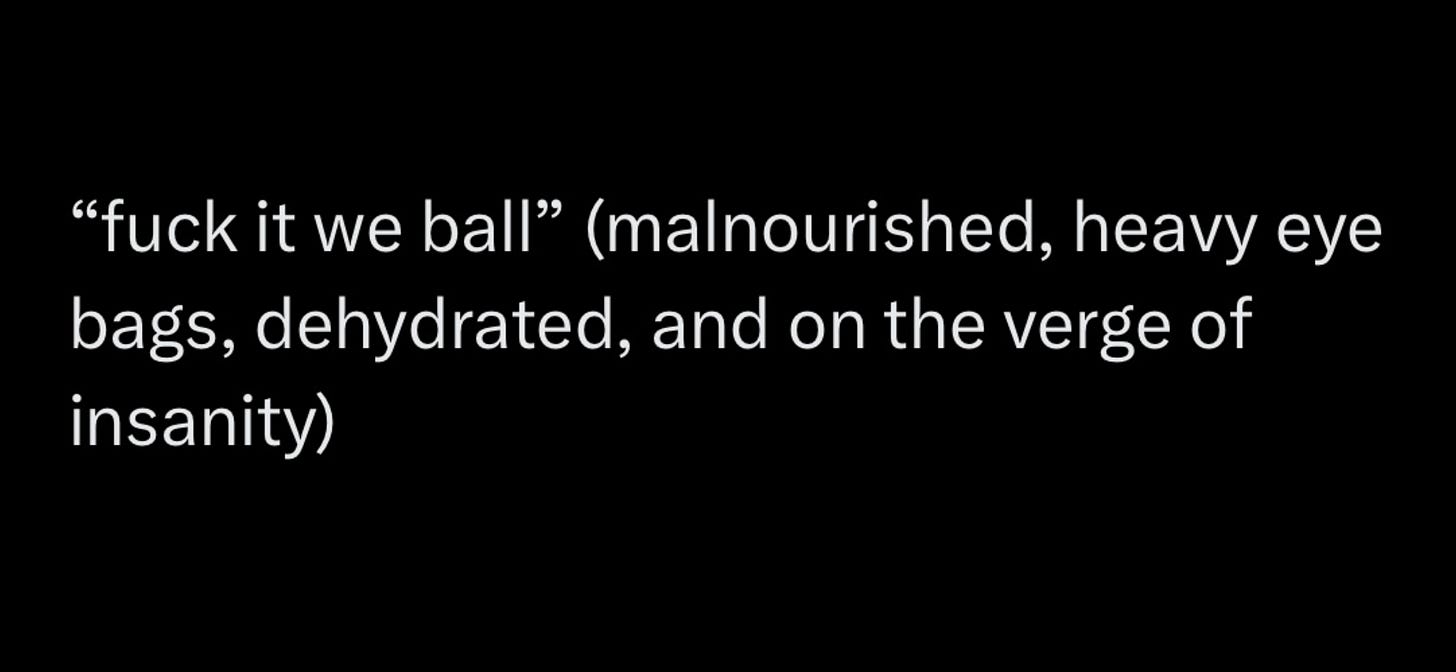


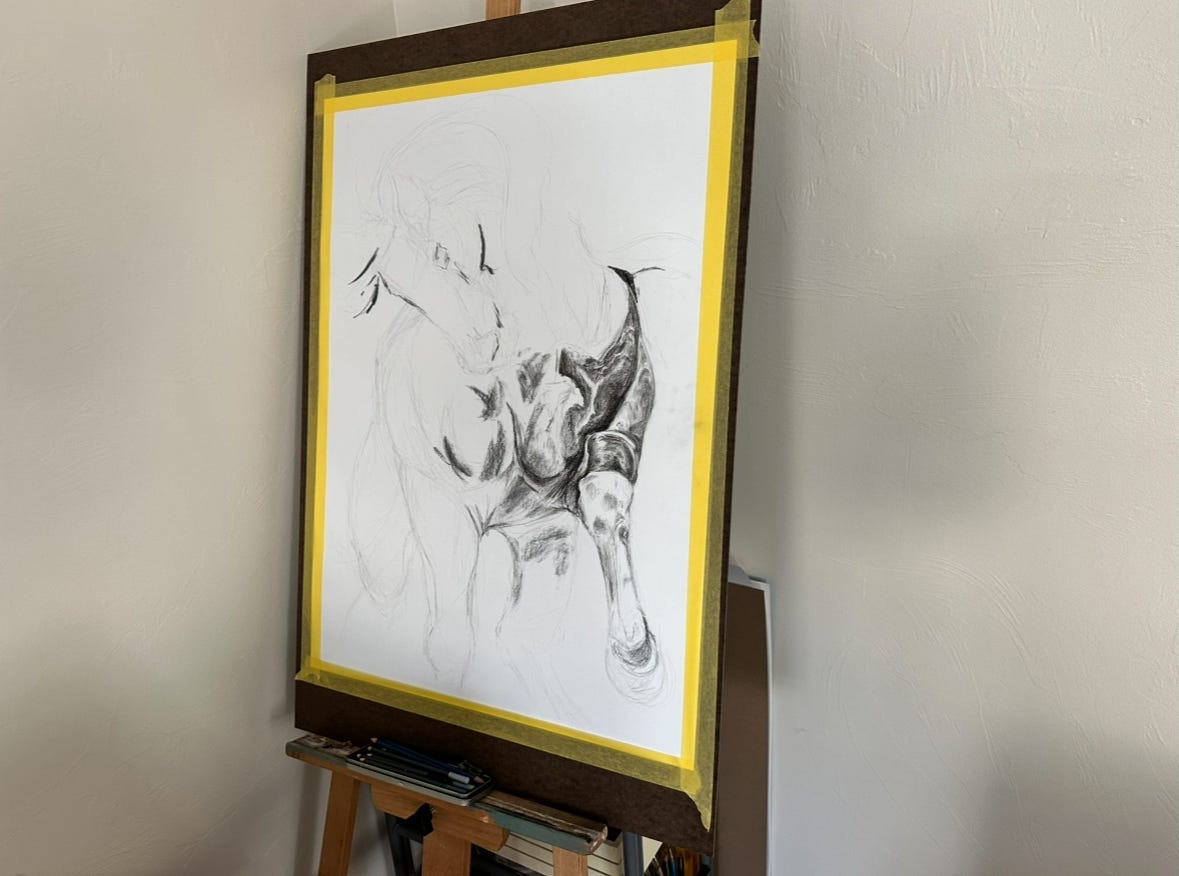
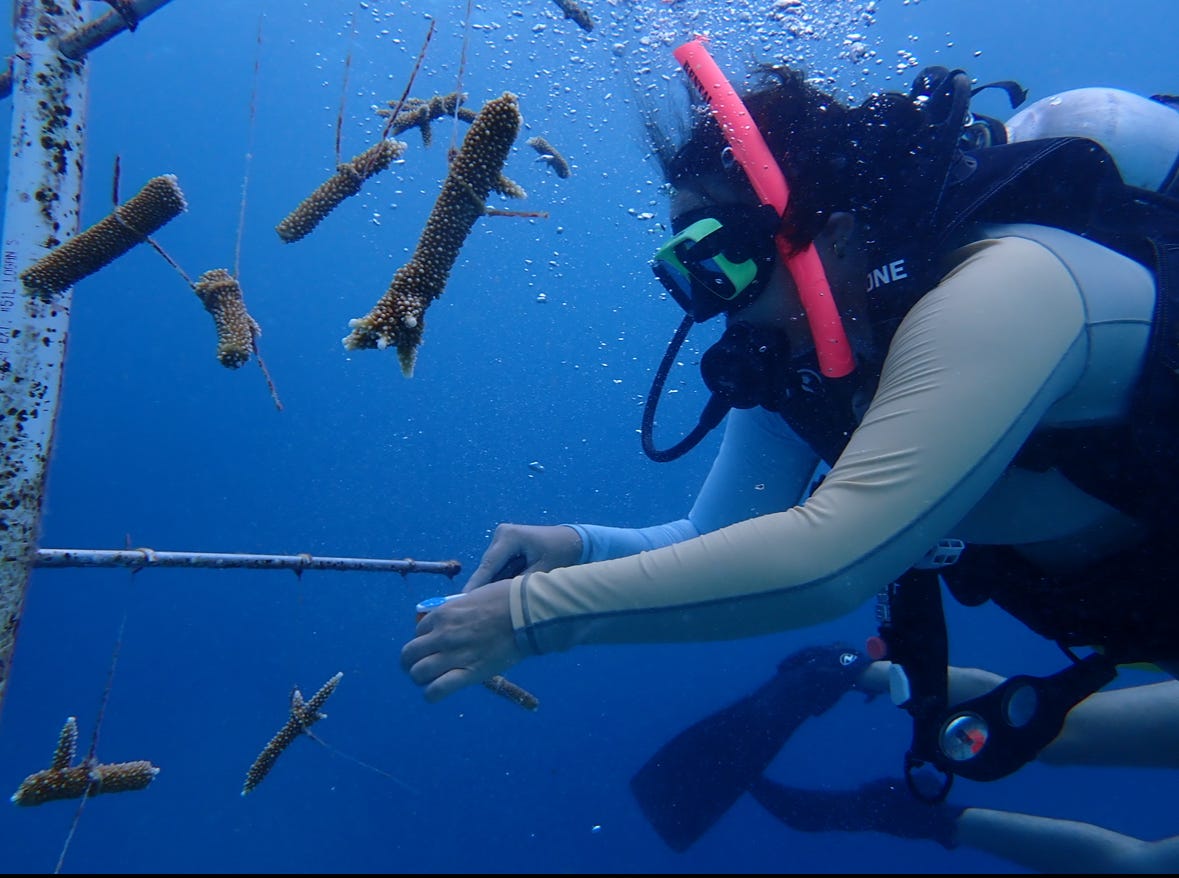
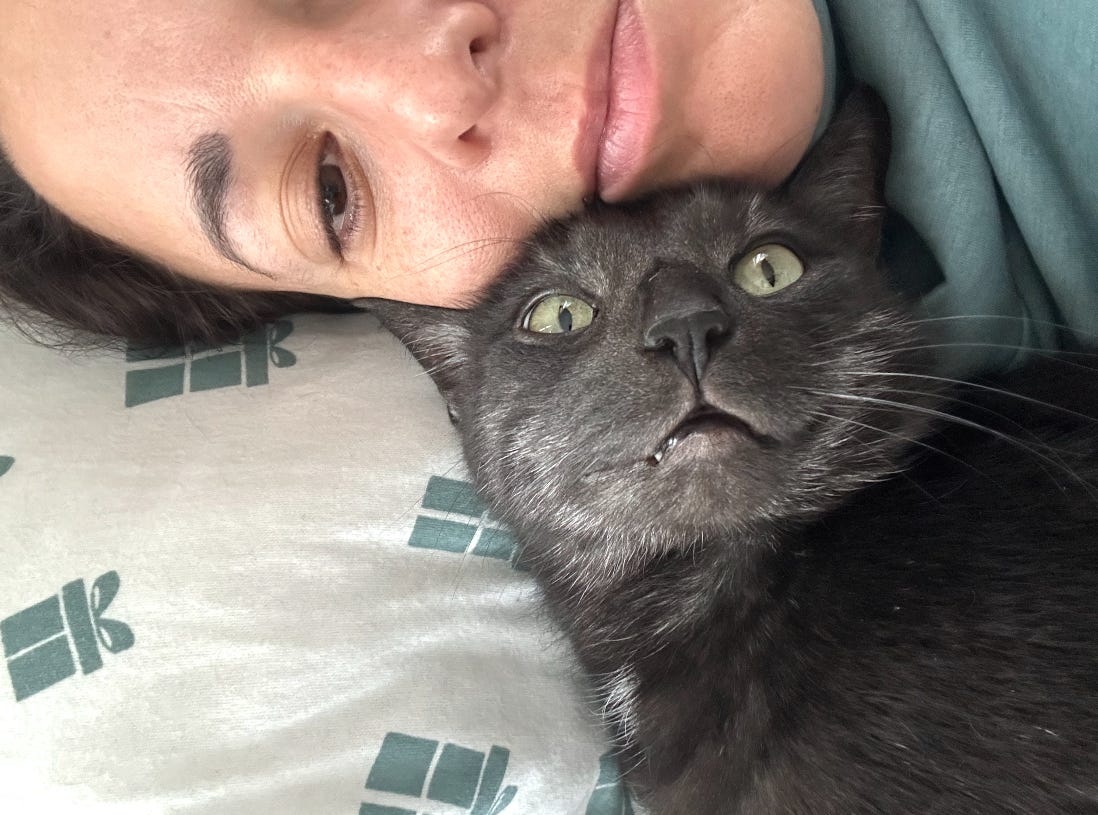

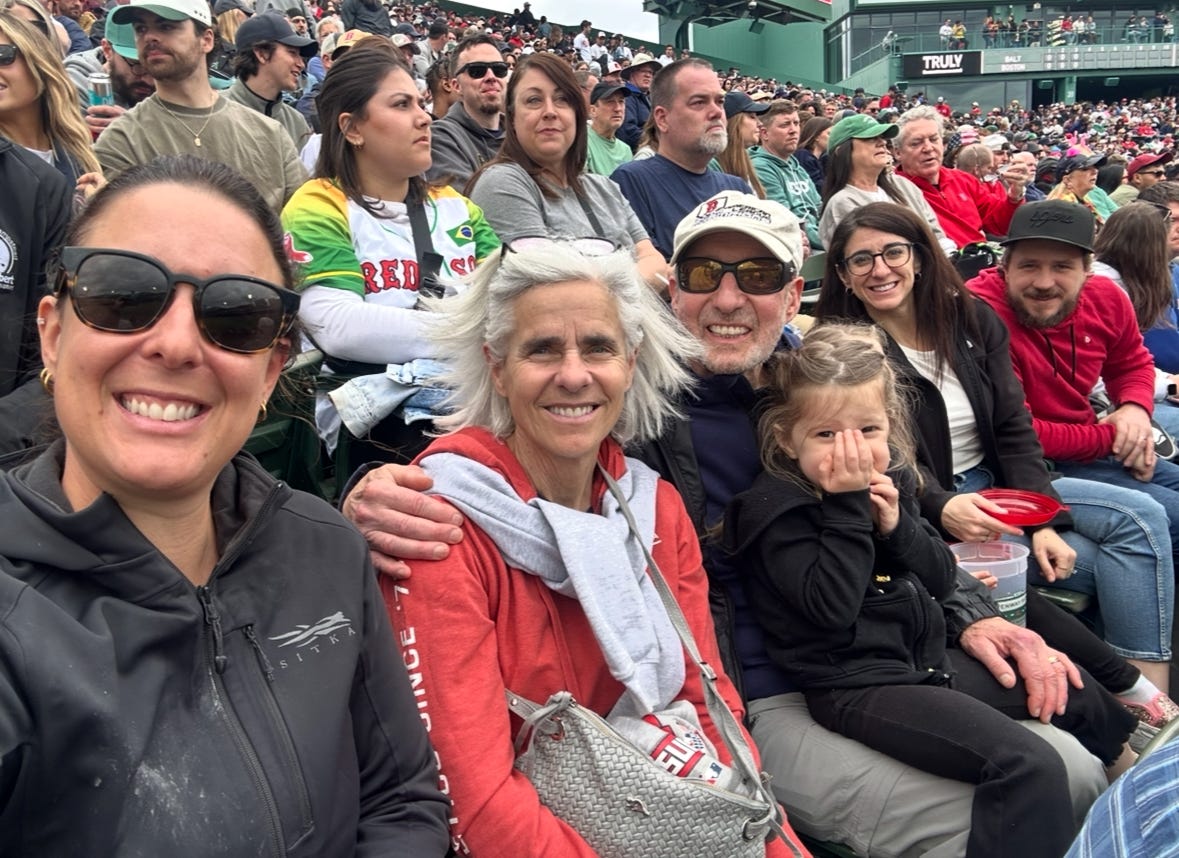
Good for you!
When a certain online publication we've both written for decided to change voice and direction, I said goodbye.
Moped around for several months. Wrote a LOT in unpaid online discussion boards. Then the Disqus AI gods put me on their ban list for unknown reasons. Once again I had no outlet for my decades-long keyboard addiction. Now what?
Enough belly-button-gazing led me to focus on what I seem to do best: read lots of scientific gobbledygook, distill that into plain language, and focus on climate change in my home county. Swallowed hard and joined the Substack zombies. Pretty sure I'm the only one in that tiny niche.
Your path will be different. Your writing will find a home. Sometimes in the most unexpected place. Keep up the good work!
Good for you.